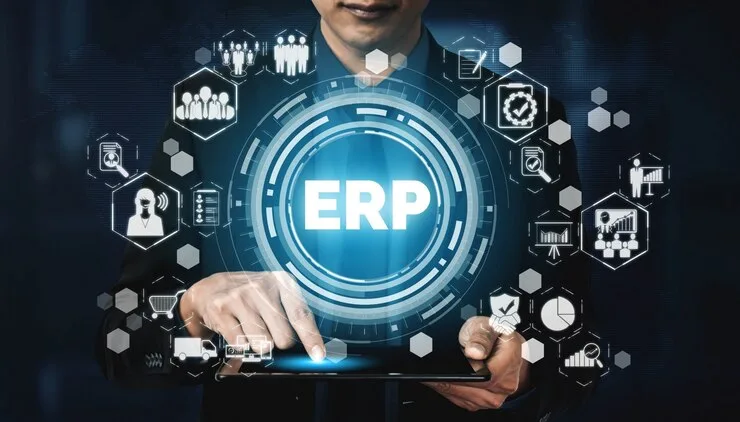In today’s digital-first world, businesses are becoming increasingly interconnected, agile, and data-driven. At the heart of this transformation lies Enterprise Resource Planning (ERP)—the central nervous system of modern organizations. For companies navigating the decision to implement or upgrade an ERP solution, one fundamental question arises: Should you go with a Cloud-based, On-Premise, or Hybrid ERP system?
This article explores the core differences, benefits, and use cases for each ERP deployment model—helping conscious organizations align technology with their operational realities and long-term vision.
Cloud ERP: Agility Meets Accessibility
Cloud ERP solutions are hosted on remote servers and accessed via the internet, offering real-time data visibility across devices and locations. Leading cloud ERP providers like Oracle NetSuite, SAP Business ByDesign, and Odoo Cloud have made this option increasingly attractive to startups and scale-ups alike.
Pros:
-
Lower upfront costs – No need to invest heavily in infrastructure or internal IT support.
-
Scalability – Easily adjust resources and features as your business grows.
-
Remote access – Ideal for distributed teams and global operations.
-
Automatic updates – Stay current without disrupting internal workflows.
Ideal for:
Businesses prioritizing agility, scalability, and a lighter IT footprint. It’s particularly suited for fast-growing companies embracing remote work and real-time decision-making.
On-Premise ERP: Total Control and Customization
On-premise ERP systems are installed locally on your organization’s servers and hardware. While this model has declined in popularity due to cloud disruption, it remains relevant for enterprises with strict compliance or customization needs.
Pros:
-
Data ownership – You maintain full control over your data.
-
Deep customization – Modify every aspect of the system to fit exact workflows.
-
Security oversight – Suitable for industries with strict data protection regulations.
Ideal for:
Large enterprises in sectors like government, defense, or manufacturing where regulatory compliance, legacy system integration, or granular customization is crucial.
Hybrid ERP: The Best of Both Worlds?
A Hybrid ERP approach blends on-premise infrastructure with cloud-based modules. For example, a company may retain its core financial system on-site while adopting cloud tools for CRM or analytics.
Pros:
-
Flexibility – Transition to the cloud at your own pace.
-
Function-specific optimization – Leverage the cloud for agility and keep sensitive systems in-house.
-
Risk mitigation – Avoid a single point of failure or vendor lock-in.
Ideal for:
Midsize businesses with complex needs that can’t fully migrate to the cloud but still want to modernize parts of their operation.
The Oneirosol Perspective: ERP and Conscious Transformation
At Oneirosol, we view technology not as a tool, but as a conscious enabler of systemic evolution. The ERP system you choose should not only streamline operations but support the intelligent interconnection of people, processes, and purpose.
Whether you’re a tech-forward startup building simulated environments or a growing enterprise bridging physical and digital realms, ERP is your operational spine. Cloud solutions offer the agility to grow. On-premise options offer the control to secure. Hybrid systems offer the balance to evolve.
Final Thought
ERP is not just an IT investment—it’s a strategic decision that impacts your organization’s consciousness, capability, and culture. Choosing between Cloud, On-Premise, or Hybrid ERP requires more than comparing feature lists. It demands alignment with your operational philosophy, future vision, and adaptability to change.


